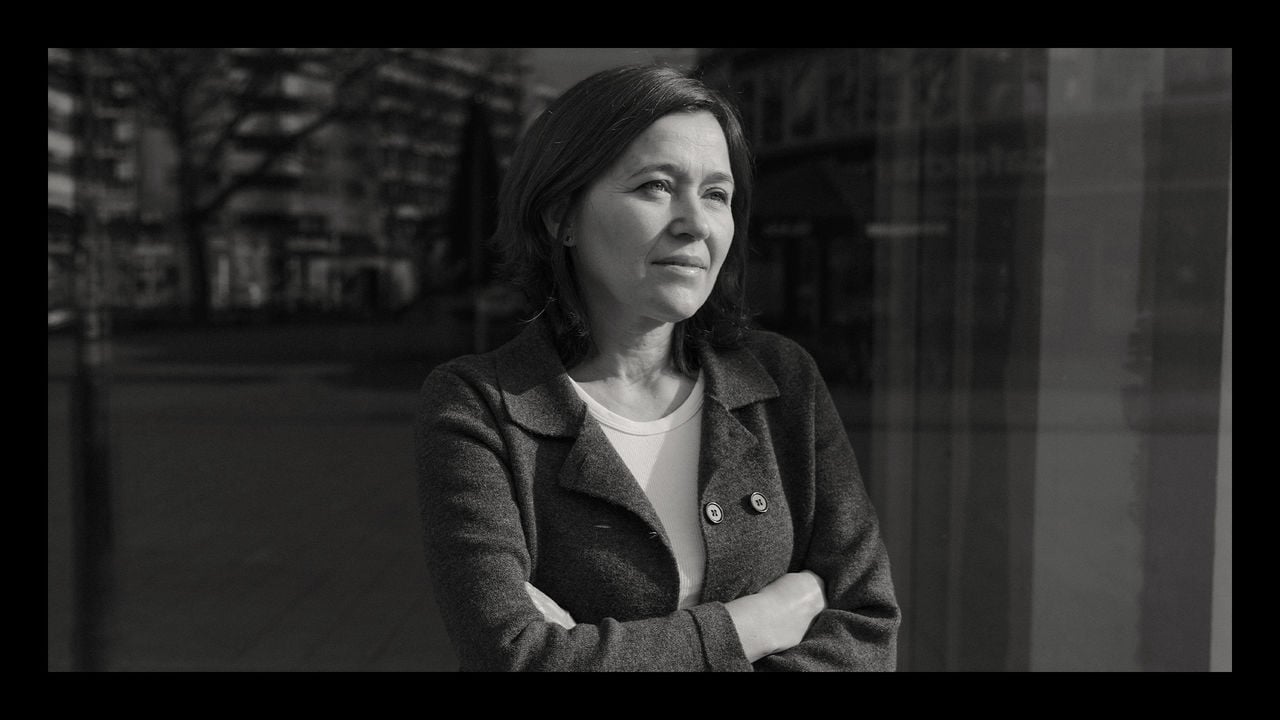The invasion of a country often brings about significant changes in its social fabric, and this was no different a year after the invasion. While some individuals are desperately trying to return to their pre-invasion lives, others are embracing the new circumstances and establishing new roots.
For those yearning to go back, the invasion has left a void that cannot be filled elsewhere. These individuals long for the familiarity and stability that their previous lives offered. They struggle to adapt to the new reality and find themselves longing for what was lost. But their journey back is not without obstacles, as they face numerous challenges, including bureaucratic hurdles and a lack of resources. Regardless, their determination remains unwavering, fueled by the hope that they can reconstruct their lives and regain a sense of normalcy.
In contrast, there are those who have decided to put down new roots in the aftermath of the invasion. These individuals see an opportunity for growth and change in the midst of chaos. They embrace the uncertainty and forge ahead, building new lives and communities from scratch. This resilience and adaptability allow them to find solace in the present rather than dwelling on what was lost. They are driven by the belief that the invasion has opened doors to new possibilities, and they are determined to explore them fully.
The aftermath of an invasion is a complex and multifaceted period, with individuals experiencing a range of emotions and taking divergent paths. While some desperately yearn for their old lives, others seize the opportunity to create something new. Both groups face their own set of challenges, be it the struggle to return or the difficulties of starting afresh. Yet, their journeys are emblematic of the human spirit and its capacity to adapt, rebuild, and find hope even in the most challenging of circumstances.









